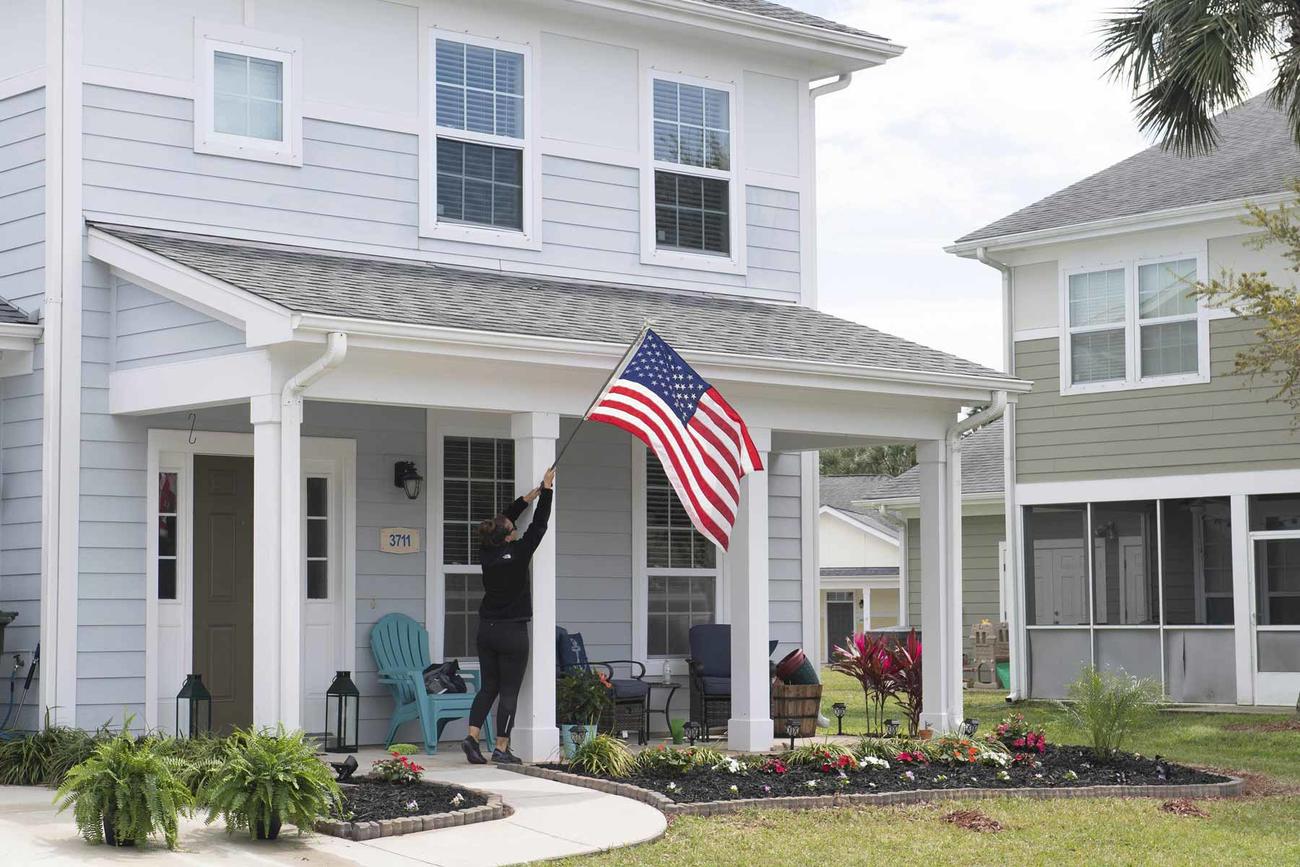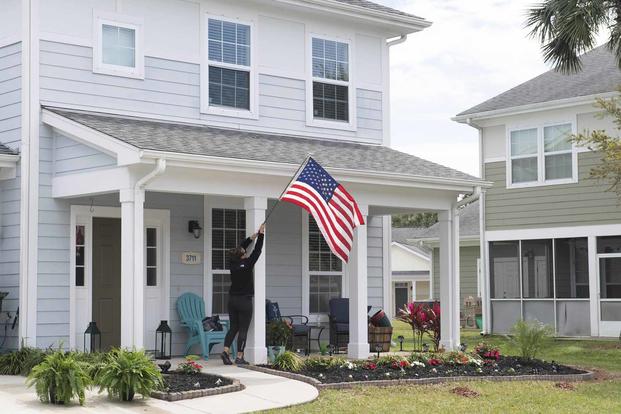

Two former managers at one of the military’s largest private housing contractors have been sentenced to two years’ probation after pleading guilty to helping the company they worked for defraud the Air Force out of millions of dollars.
Stacy Cabrera, who managed Balfour Beatty Communities-owned housing at Lackland Air Force Base, Texas, and Rick Cunefare, who was a regional manager at Balfour Beatty, were both sentenced Thursday in the U.S. District Court for Washington, D.C., according to court records. In addition to his probation, Cunefare was also slapped with a $5,000 fine.
Both Cabrera and Cunefare pleaded guilty in 2021 to charges stemming from a scheme in which Balfour Beatty was accused of manipulating maintenance records to obtain performance bonuses from the military while covering up unsafe housing conditions from 2013 to 2019.
Read Next: Navy Gets New Top Enlisted Sailor Who Promises to Focus on Sailors’ Needs and Their Families
The company itself pleaded guilty last year to the scheme to defraud the Army, Air Force and Navy, and agreed to pay $65 million in fines and restitution.
Cunefare, who pleaded guilty to major fraud, was responsible for reviewing and approving the maintenance reports from Lackland, as well as Travis, Vandenberg, Tinker and Fairchild Air Force bases, according to the Justice Department. Cabrera, who pleaded guilty to conspiracy to commit wire fraud, was accused of personally falsifying maintenance reports.
Together, their actions made Balfour Beatty about $3.5 million the company didn’t earn, the Justice Department said in a sentencing memo. Still, because they were both “low- and mid-level managers with minimal financial incentive to commit fraud,” prosecutors sought lenient sentences.
Cunefare faced a maximum sentence of 10 years in prison and a $250,000 fine, while Cabrera faced a maximum of five years in prison and a $250,000 fine.
Cabrera has said she was pressured by her superiors to fake the reports, but has also expressed regret for her actions.
“I didn’t recognize I was doing anything illegal, immoral, or unethical. I was following orders,” she wrote in a letter to the court. “I realize now that just because my actions weren’t committed with malice intent, it doesn’t mean I haven’t done anything wrong. I am deeply sorry that I did not use better judgment to do what was right instead of what I was told.”
Cunefare also “regrets his actions and the impact they had on the military families living in homes and managed by Balfour Beatty Communities,” a probation officer wrote in a presentence report. “As a veteran, these actions go against his respect for the military and what they do for the United States. He takes full responsibility for his actions.”
Balfour Beatty provides housing for 150,000 military residents in 26 states, including more than 15,500 Air Force homes, more than 18,900 Army homes and more than 8,600 Navy homes.
Systemic issues with on-base housing run by private contractors, including mold, rodent infestations and dangerous wiring, first came to light in a series of Reuters articles in 2018, followed by several congressional hearings in which military families testified about the poor housing conditions.
In 2019, Congress mandated the Defense Department issue an 18-point tenant bill of rights aimed at providing military families with more negotiating power with the housing contractors and ensuring more oversight from the military services.
But reports of widespread issues persist. A bipartisan Senate report released earlier this year found residents at Balfour Beatty-run housing at Fort Gordon, Georgia, still struggle to get the company to fix mold, asbestos, roof leaks and other dangerous and unhealthy living conditions. The issues “bear striking similarities to the types of conduct which Balfour admitted to in its December 2021 guilty plea,” the Senate report said.
The House and Senate versions of the annual defense bill now working its way through Congress each contain provisions meant to improve living conditions, address health concerns and crack down on negligent landlords. Among them, the House version of the bill would create a registry of troops and their family members who have health issues caused by unsafe housing conditions, while both versions would require landlords to disclose the presence of mold in a housing unit before a lease is signed.
— Rebecca Kheel can be reached at [email protected]. Follow her on Twitter @reporterkheel.
Related: Mold Issues, Poor Housing Conditions for Troops Are Rampant. What Can Congress Do?
© Copyright 2022 Military.com. All rights reserved. This material may not be published, broadcast, rewritten or redistributed.
